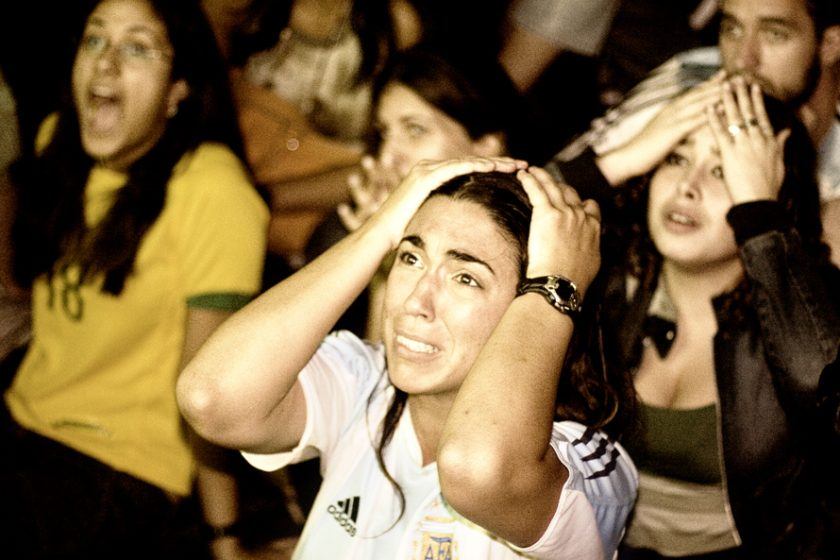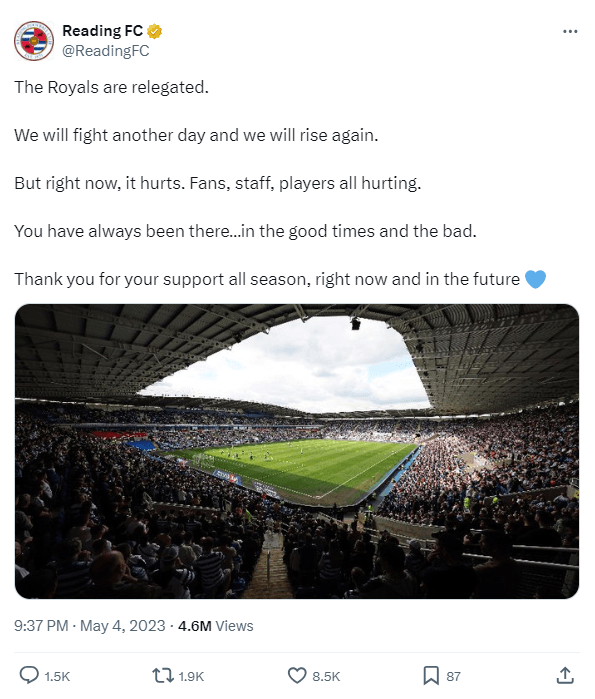Understanding Relegation in Soccer: A Comprehensive Guide
Soccer's relegation system is a distinctive feature that adds significant stakes and drama to every season. When a club is relegated, it loses its place in its current league and must compete in a lower division the following season. This shift has profound effects on players, management, supporters, and a club's long-term prospects.
The concept shapes the intensity of competition, especially toward the season’s conclusion, where every point matters for teams at the bottom of the standings. Knowing how relegation and promotion function is essential for any soccer enthusiast. Here’s an in-depth look at what relegation means, how it operates, and the ripple effects it creates in the world of soccer.

What Does Relegation Mean in Soccer?
Relegation refers to the automatic movement of the teams that finish at the bottom of a league table to a lower tier in the following season. Generally, teams are ranked according to the points they earn throughout the season, and those with the fewest points face relegation.
This approach is prominent in all of Europe’s top soccer leagues, such as the Premier League (England), Bundesliga (Germany), La Liga (Spain), Serie A (Italy), and Ligue 1 (France). The structure ensures that every match impacts a club’s fate, with the risk of demotion hanging over those near the bottom.
The Mechanics of Soccer Relegation
Each league’s relegation system varies based on its size and structure. In the English Premier League and Italy’s Serie A, for example, the three teams placed last at season’s end are relegated to the second division. These leagues each have 20 teams, so the 18th, 19th, and 20th finishers are demoted. Conversely, the three top-performing clubs from the second tier earn a spot in the higher division.
In Germany’s Bundesliga and France’s Ligue 1, the bottom two teams are automatically relegated. However, the team finishing third from bottom in the top league typically enters a playoff with a lower-league club vying for promotion. This playoff system adds further unpredictability, with high-stakes matches determining who moves up or down.
Points determine final standings, with three awarded for a win, one for a draw, and none for a loss-an established system across most professional leagues.
The Concept of Promotion in Soccer
While relegation involves moving down, promotion is the reward for high-performing clubs in lower leagues. Teams finishing in top positions-typically the champion(s) and runners-up-are promoted to the next highest division. Additional promotion spots may be decided via playoff contests between clubs ranked just below the automatic places.
For example, in England’s Championship-second only to the Premier League-the top two finishers are promoted automatically, while teams in third to sixth place battle in a playoff, with the victor earning the final promotion slot.
Clubs already in a nation’s highest league cannot be promoted further, but they contest for honors such as the national championship or continental tournament berths (e.g., Champions League, Copa Libertadores). However, theoretically, any club starting in lower ties can climb to the top through consistent performance and successful promotions year after year.

One well-known example is the Hollywood-owned Wrexham A.F.C., bought by Ryan Reynolds and Rob McElhenney in 2021. At the time, Wrexham played in the fifth tier of English soccer. Through significant investment, they won the 2022-23 National League and now compete in the fully professional EFL League Two.
Why Promotion and Relegation Exist in Soccer
The system of promotion and relegation is a hallmark of European sports, designed to foster competition and ensure clubs are rewarded or penalized according to on-field merit. Unlike North America’s “closed” leagues (e.g., NFL, NBA), where membership is fixed and performance doesn’t threaten a team’s league status, the open system incentivizes teams to remain competitive throughout the season.
This model has gained traction outside soccer-basketball, rugby, and even esports have adopted it in various forms. One drawback of the closed system is that teams near the bottom may lose motivation, sometimes even seeking poor results to secure favorable draft picks. The open system, on the other hand, creates urgency and consequence for underperformance, but the financial cost of relegation can be immense.
A cautionary tale is Portsmouth FC. After an era of top-tier success and FA Cup victory, they experienced successive relegations and significant financial distress, which saw them drop to England’s fourth tier after decades at higher levels.

Effects of Promotion and Relegation on Clubs
The English Premier League represents the pinnacle of financial gain and loss due to its massive broadcast deals and revenue streams. When a club secures promotion, it stands to access substantial financial benefits. For demoted clubs, however, relegation can result in a major loss of income.

Industry experts estimate that relegation from the Premier League to the Championship costs a club between £85 million and £100 million ($103-121 million) in revenue annually. To cope, relegated clubs often sell key players to stabilize their finances, as seen with Leicester City offloading stars James Maddison and Harvey Barnes for nearly $90 million after their 2023 relegation. Despite raising funds, these player departures weaken squads, making immediate promotion and long-term recovery a challenge.
Many relegated English clubs struggle financially for years, especially if they cannot attract large transfer sums for their players. Some wind up in administration or face other significant economic hardships after losing top-flight revenues.
Strategies to Mitigate Relegation’s Impact
To help clubs withstand the revenue blow of relegation, the Premier League employs a "parachute payment" system. These payments deliver a scaled portion of the league’s television revenue to demoted teams-55% of the typical club share in year one, 45% the next, and 20% for a third year (if the club had a multi-year stay before relegation). Such support is designed to cushion financial shocks and prevent clubs from collapsing under wage bills and contracts signed during top-league campaigns.
Most Memorable Soccer Relegations and Promotions
FC Kaiserslautern’s Unique Triumph
Germany’s FC Kaiserslautern made history by following up relegation from the Bundesliga in 1996 with immediate promotion in 1997, and then astonishingly winning the Bundesliga in their first season back-edging out giants Bayern Munich by two points. This feat remains unmatched in German soccer history.
Leicester City’s Meteoric Rise
Leicester City’s journey from the Championship to Premier League winners is legendary. After nine seasons outside the top flight, they earned promotion for 2014-15. Early in that season, they faced a relegation scrap, sitting seven points from safety in April, but staged a dramatic escape by winning seven of their last nine matches.

The following year, Leicester confounded all expectations by winning the Premier League title as 5000-1 outsiders under coach Claudio Ranieri-a story that captured global attention.
Deportivo de La Coruña’s Yo-Yo Decade
In Spain, Deportivo de La Coruña epitomized the term "elevator team" in the 1960s, moving up or down for seven straight seasons between the Segunda División and La Liga. Their frequent promotion and relegation cycles ultimately left the club with deep financial and infrastructural issues, underlining the volatility that this system can bring.
Conclusion: Highs, Lows, and Legacy of Relegation in Soccer
The cyclical nature of promotion and relegation embodies the thrill and heartbreak of professional soccer. For fans, every relegation fight or promotion chase can define a club’s identity and future. The jeopardy inherent in each match keeps spectators invested until the very last kick, making the sport's narrative all the more compelling.
Next time you see a match between teams at the bottom of the standings, remember that these games might decide destinies, preserving the drama and emotional stakes that set soccer apart from other sports worldwide.
Lead Image Credit: Moazzam Brohi/Flickr, CC BY 2.0













